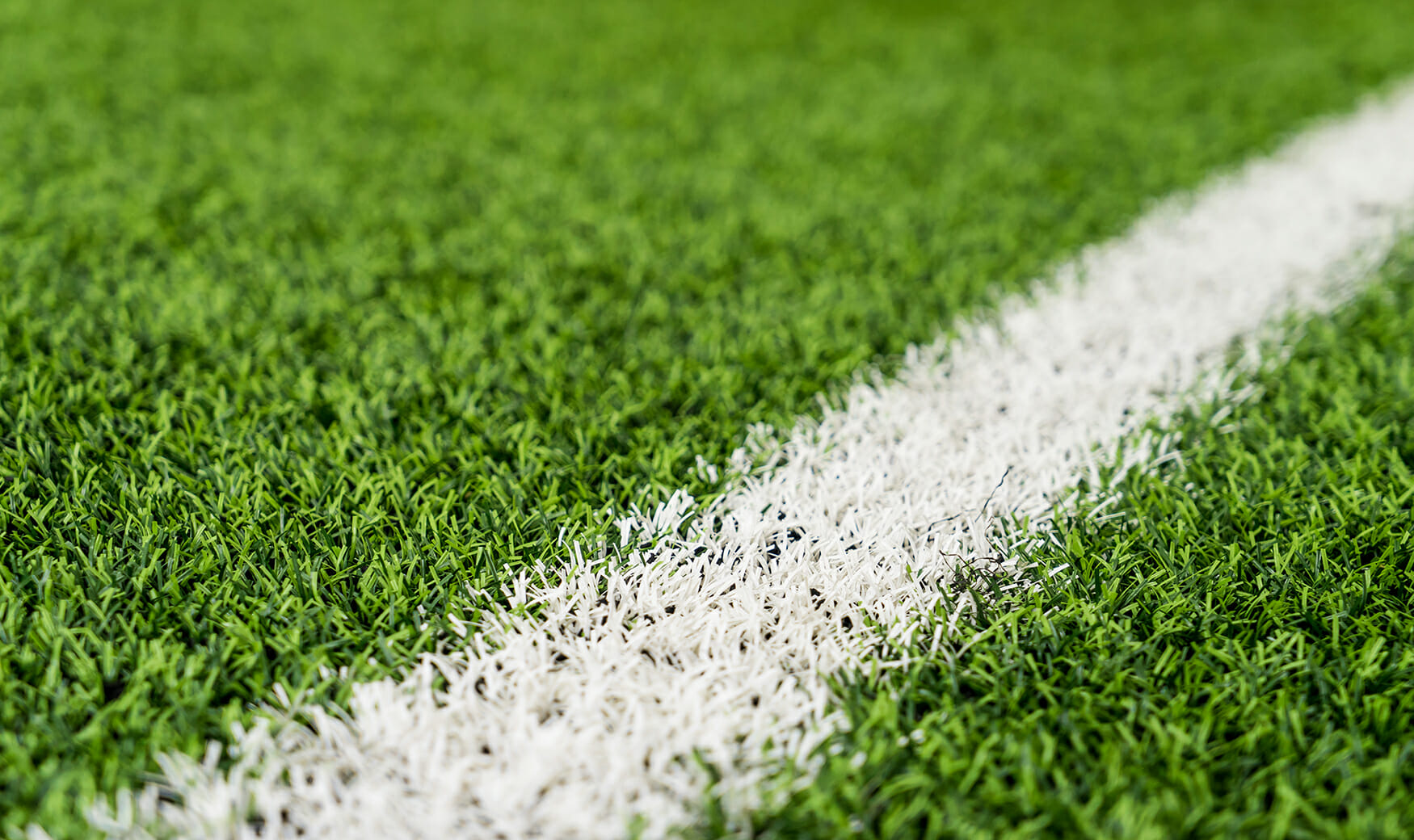Nearly 25,000 international student-athletes from countries around the globe compete in National Collegiate Athletic Association (NCAA) sports. Almost all NCAA international student-athletes are on F-1 student visas, which generally restrict these students’ ability to engage in activities that could be considered “employment” under US law. Because the NCAA’s current name, image, and likeness (NIL) framework permits student-athletes to profit from their NIL, the interpretation of NIL deals as potential “employment” conflicts with the terms of the F-1 visa. International student-athletes are left in a quandary about if, and how, they can benefit from NIL without violating the terms of their F-1 visa.
Take Khaman Maluach, a Duke University NCAA basketball player born in South Sudan. Maluach played 21 minutes in the 2025 Final Four game and was a vital component of Duke’s triumphs during the 2025 season. While the 2025 NCAA’s March Madness tournament generated hundreds of millions in revenue and averaged 16.4 million viewers, Maluach’s international student-athlete status obstructed his ability to monetize his NIL. This, paired with the US Government’s evolving immigration policies, calls into question Maluach’s legal residency and ability to benefit from his NIL. Maluach’s situation highlights the potential challenges that immigration policies, especially rapidly changing ones, pose for international student-athletes who may want to profit from their NIL.
Although they play and win alongside their US citizen teammates, international student-athletes cannot easily benefit from NIL. Students in F-1 status are eligible solely for four types of paid work:
- Curricular practical training which is tantamount to a paid internship in the student’s chosen major.
- On-campus pre-completion optional practical training (OPT), which is restricted to a maximum of 20 hours per week when school is in session and can be full-time during breaks and vacations.
- Off-campus pre-completion OPT, which may be full or part-time, but requires specific authorization from the Designated School Official (DSO).
- On-campus post-completion OPT. This requires specific authorization from both the DSO and US Citizenship and Immigration Services (USCIS), and can be full time, but must be at least 20 hours per week.
On-campus employment is limited to the student’s campus, and off-campus employment may only be granted after the F-1 status student-athlete completes their first full academic year. It follows that in order to benefit from NIL, the F-1 status student-athlete would have to fit the “work” of playing their sport into the limited 20 hours per week allowed for campus pre-completion OPT while school is in session.
Therefore, in addition to the qualification hurdles, there are also practical and geographical limitations to F-1 status student employment authorizations. Often, this means threading the eye of a needle, since many Division I college athletes commit more than the allowed hours per week to their respective sports while school is in session. The number of international student-athletes continues to grow, with over 60% of Division I athletes in both men’s and women’s tennis being international, and over 30% in ice hockey and soccer, according to the NCAA.
Historically, international student-athletes bore sole responsibility for NIL-related immigration compliance. The proposed House v. NCAA $2.7 billion settlement (or, for that matter, any future legal mechanism permitting direct compensation between NCAA institutions and student-athletes) changes this dynamic completely. With NCAA institutions now positioned to directly compensate student-athletes, NCAA schools will face heightened exposure to legal disputes, including reputational harm, potential financial and even criminal penalties, lack of federal funding, national origin discrimination concerns, due process challenges, and potential issues with USCIS.
International student-athletes (and NCAA institutions) seeking to take advantage of NIL opportunities will continue to encounter increasingly complex legal challenges related to F-1 status restrictions and the potential for violating US labor and immigration laws. Without clear federal guidance on NIL, NCAA schools should proactively address these complex, ever-evolving issues to protect their schools and the future of collegiate athletics. As US institutions become increasingly involved in sourcing NIL partnerships for their student-athletes, NCAA universities and athletic departments should communicate with legal counsel to develop better financial resource options for international student-athletes to gain and sustain a competitive intercollegiate advantage, implement strategic mitigation measures, and prevent potential liability issues.
Experienced attorneys are an invaluable resource in providing counsel with regard to the shifting legal landscape facing F-1 status students generally and high-profile student-athletes specifically. Both international student-athletes and NCAA institutions should understand the broader implications and complexities associated with interpreting federal immigration laws and regulations, handling international eligibility issues, preparing and filing visa applications, addressing potential NIL-based legal challenges, providing critical advice for the institution’s particular circumstances, and marketing student-athletes’ NIL.
McCarter and English’s NCAA Sports Compliance and Immigration practices are here to help international student-athletes and NCAA institutions alike navigate NIL business inquiries and deliver legal advice specific to your NIL-immigration needs.
